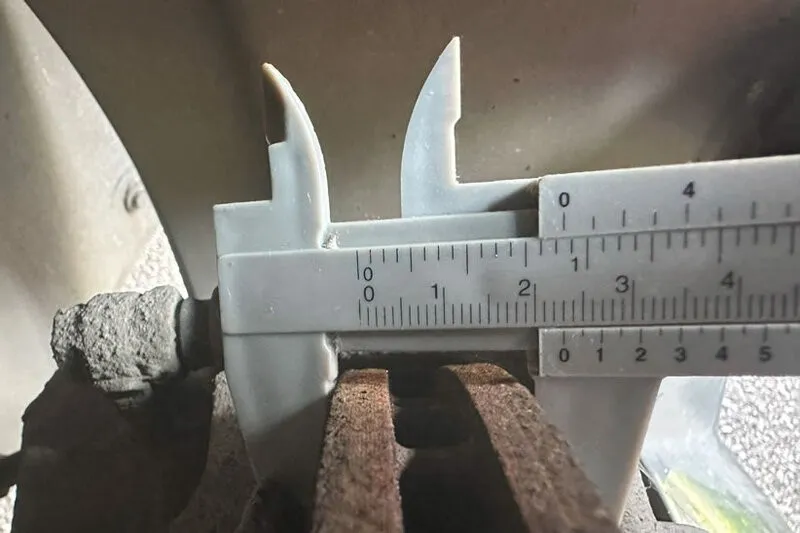Show Featured Articles
Do I need to replace brake rotors when I am replacing brake pads
August 01, 2023Regular maintenance of a vehicle's braking system is crucial to ensure safety on the road. Among the critical components of the brake system are the brake pads and brake rotors. When it comes time to replace the brake pads, many car owners wonder if it's necessary to replace the brake rotors as well. In this article, we will explore the factors that influence this decision and provide guidance on whether you need to replace brake rotors when replacing brake pads.

Understanding the Brake System
Before delving into the topic, it's essential to understand the components of the brake system and their functions. When you press the brake pedal, it activates the brake pads, which create friction against the brake rotors. This friction converts the kinetic energy of the moving vehicle into heat energy, allowing the vehicle to slow down and come to a stop.
Brake Pads and Brake Rotor
Brake pads are designed to wear out over time due to the intense friction they experience during braking. As a result, they require periodic replacement to maintain effective braking performance. On the other hand, brake rotors, also known as brake discs, are responsible for dissipating heat generated by the brake pads. They are typically made of cast iron or composite materials and are less prone to wear compared to brake pads.
Do I Need to Replace Brake Rotors When Replacing Brake Pads?
In most cases, it is not necessary to replace the brake rotors every time you change the brake pads. The decision to replace the rotors will depend on their condition and certain factors such as:
- Thickness and Wear: Brake rotors have a minimum allowable thickness specified by the vehicle manufacturer. Before replacing the brake pads, a mechanic will measure the rotor's thickness. If the rotors are still above the minimum thickness and show no signs of excessive wear, they can be reused.
- Scoring and Damage: If the rotors have deep grooves, scoring, cracks, or other visible damage, they should be replaced. Such damage can negatively affect the braking performance and compromise safety.
- Heat Damage: Braking generates significant heat, and in some cases, prolonged or aggressive braking can cause the rotors to warp or develop hot spots. If the rotors are warped, they may cause vibrations or pulsations during braking, indicating the need for replacement.
- Pad Material and Driving Habits: The type of brake pad material used can impact rotor wear. Harder, metallic brake pads can be more abrasive and cause faster rotor wear. Additionally, aggressive driving habits, such as constant hard braking, can accelerate rotor wear.
- Age and Mileage: If your vehicle has very high mileage, or if the brake rotors are several years old, it might be a good idea to replace them along with the brake pads for optimal performance and safety.
In conclusion, while brake pads require regular replacement due to wear and tear, the same does not necessarily apply to the brake rotors. Replacing brake rotors is generally not required unless they are damaged, excessively worn, warped, or compromised in any way. Your best course of action is to consult a qualified mechanic who can inspect the brake system thoroughly and provide expert advice on whether the rotors need replacement or can be resurfaced.
Regular maintenance, including periodic brake inspections, will help keep your vehicle's braking system in top condition, ensuring your safety and that of others on the road. Remember that a well-maintained braking system is essential for a smooth and secure driving experience.


